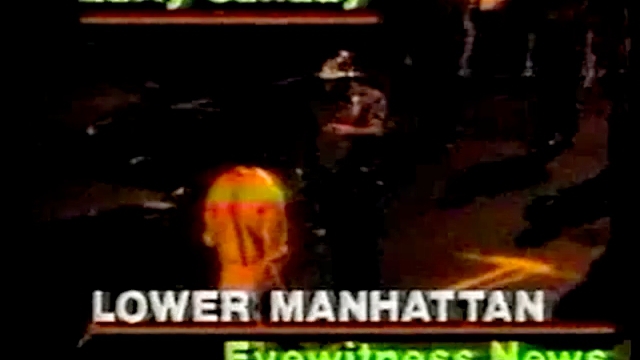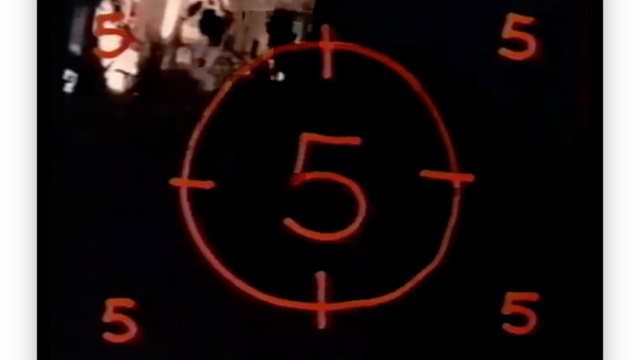article
We've had the camcorder revolution. It made making videoprograms
cheaper. Audio-equipment is affordable, so radiomaking is possible for
a large amount of people too. So for a long time already the masses are
potential mediaproducers. There were only minor successes in accessing
the broadcast channels both legally and illegally. But the efficient
one-to-many distribution system (radio and tv) are chocked, regulated,
hard to get access to. The Internet having the capacity for streaming
media seems to promise new possibilities. Boundless access, for anyone
making radio, and maybe in the near future TV. Some are pessimistic,
and see these channels soon closed and regulated as well. What will
this streaming media look like and who will be streaming?
Read


